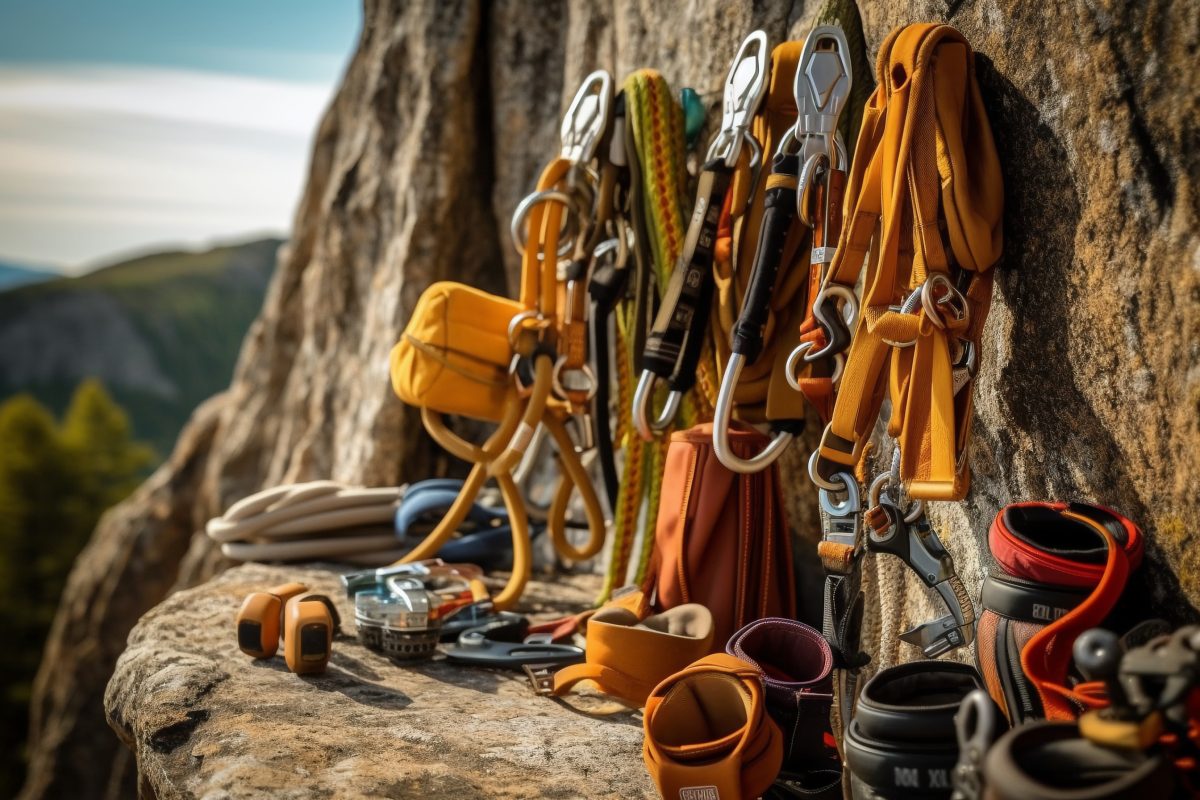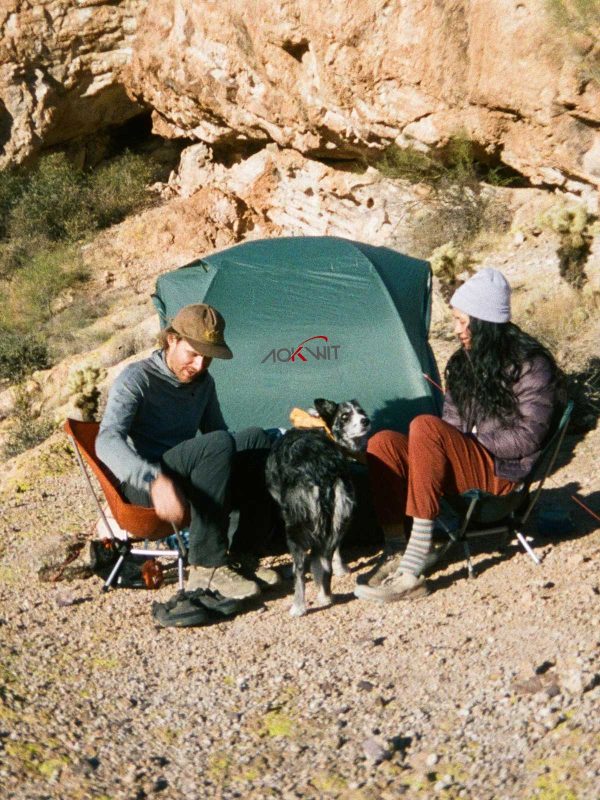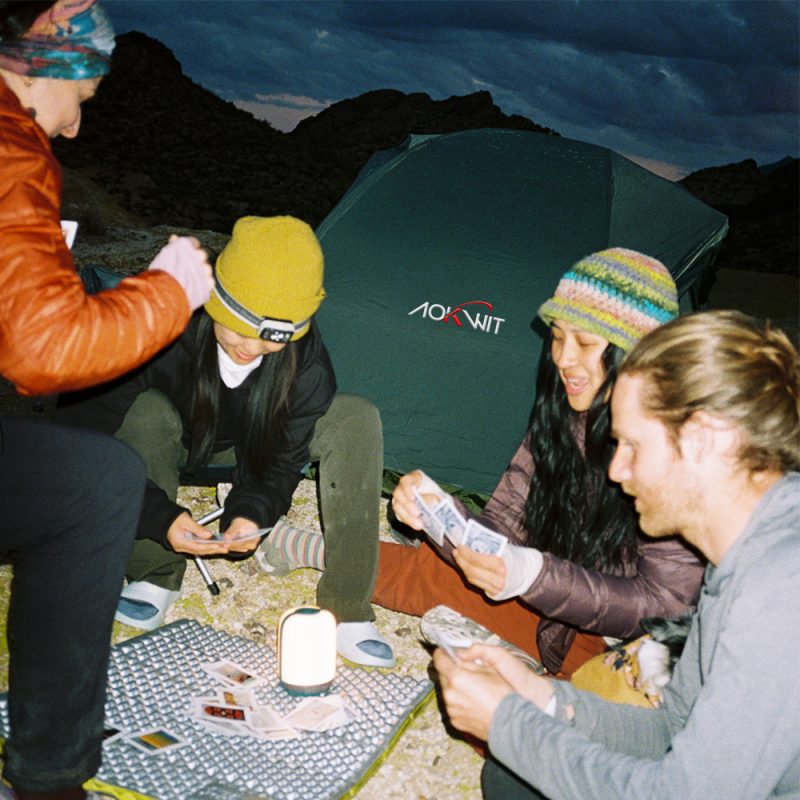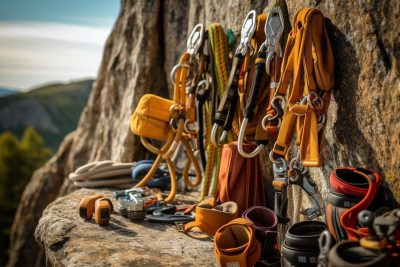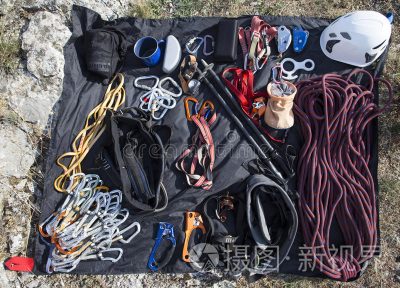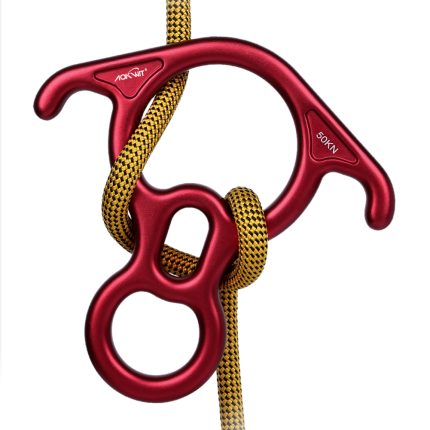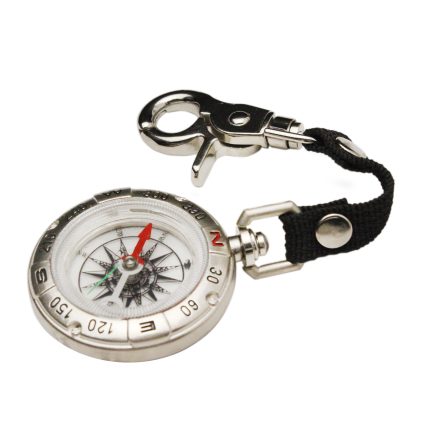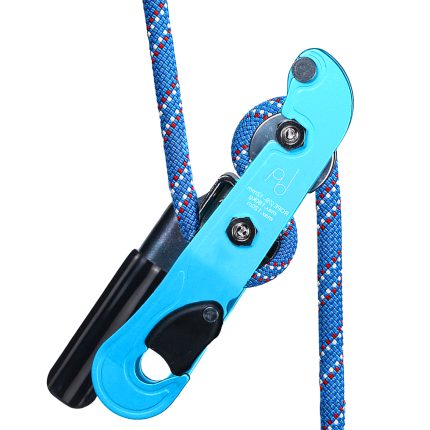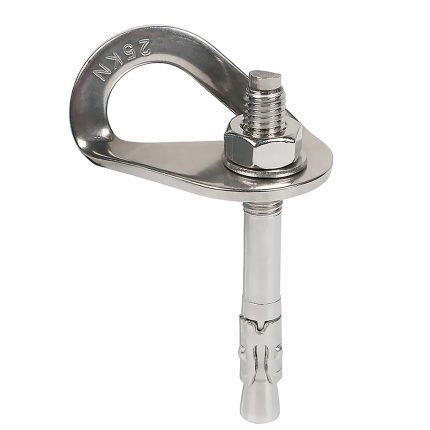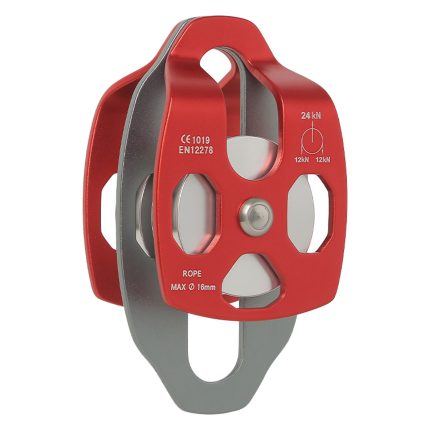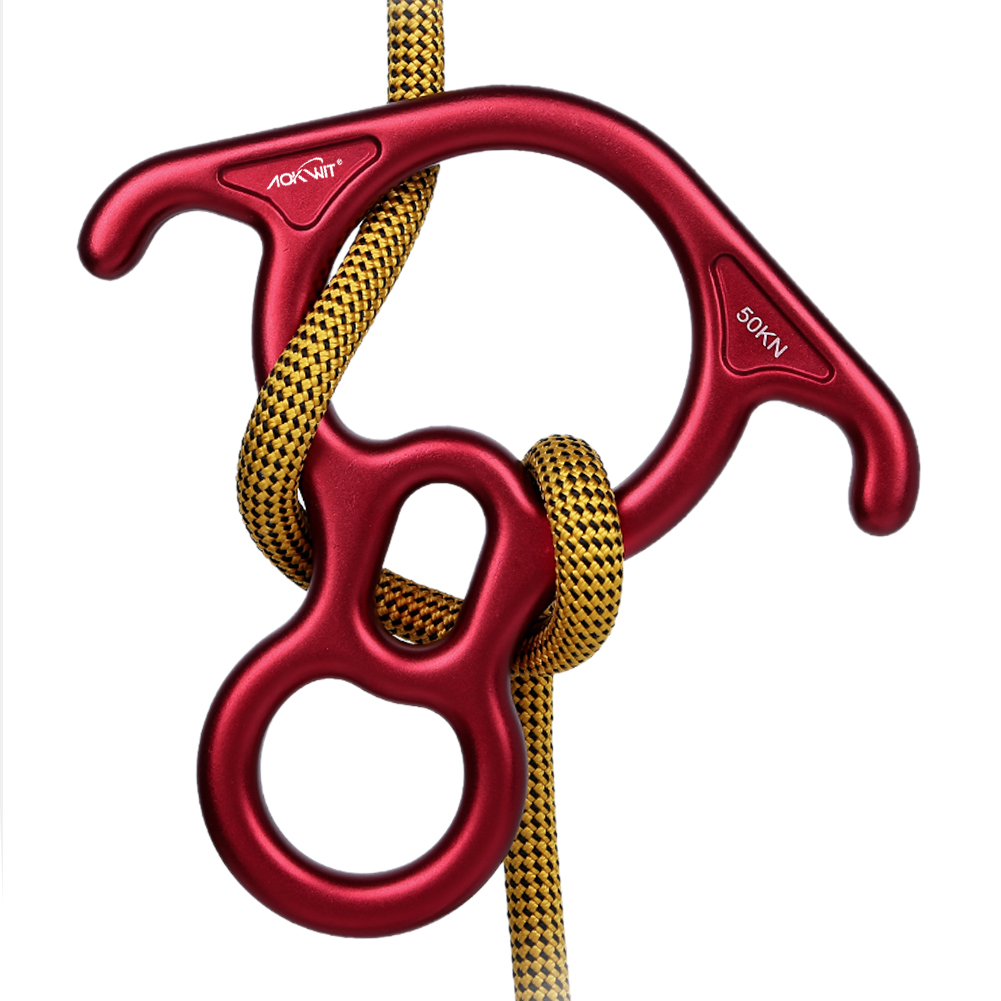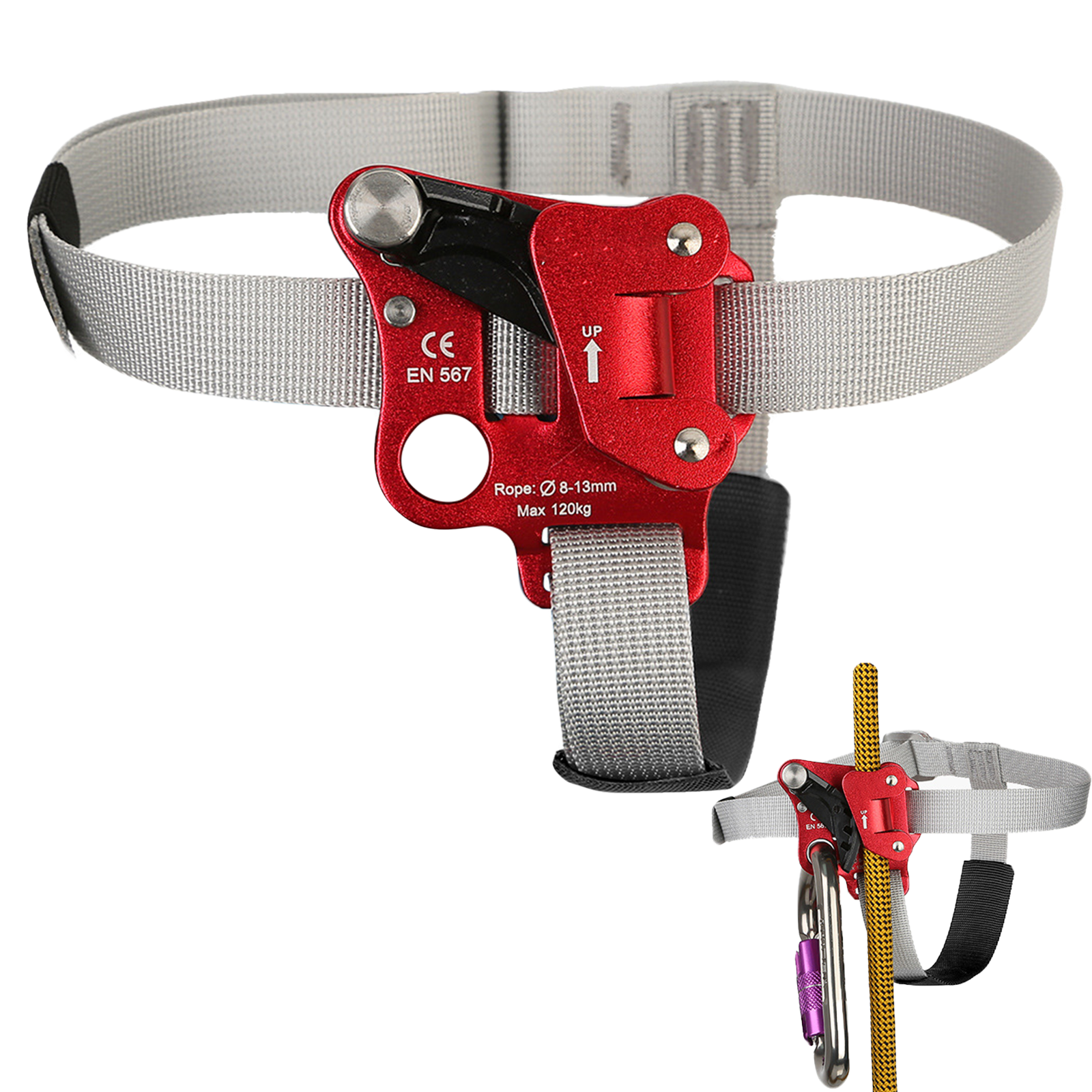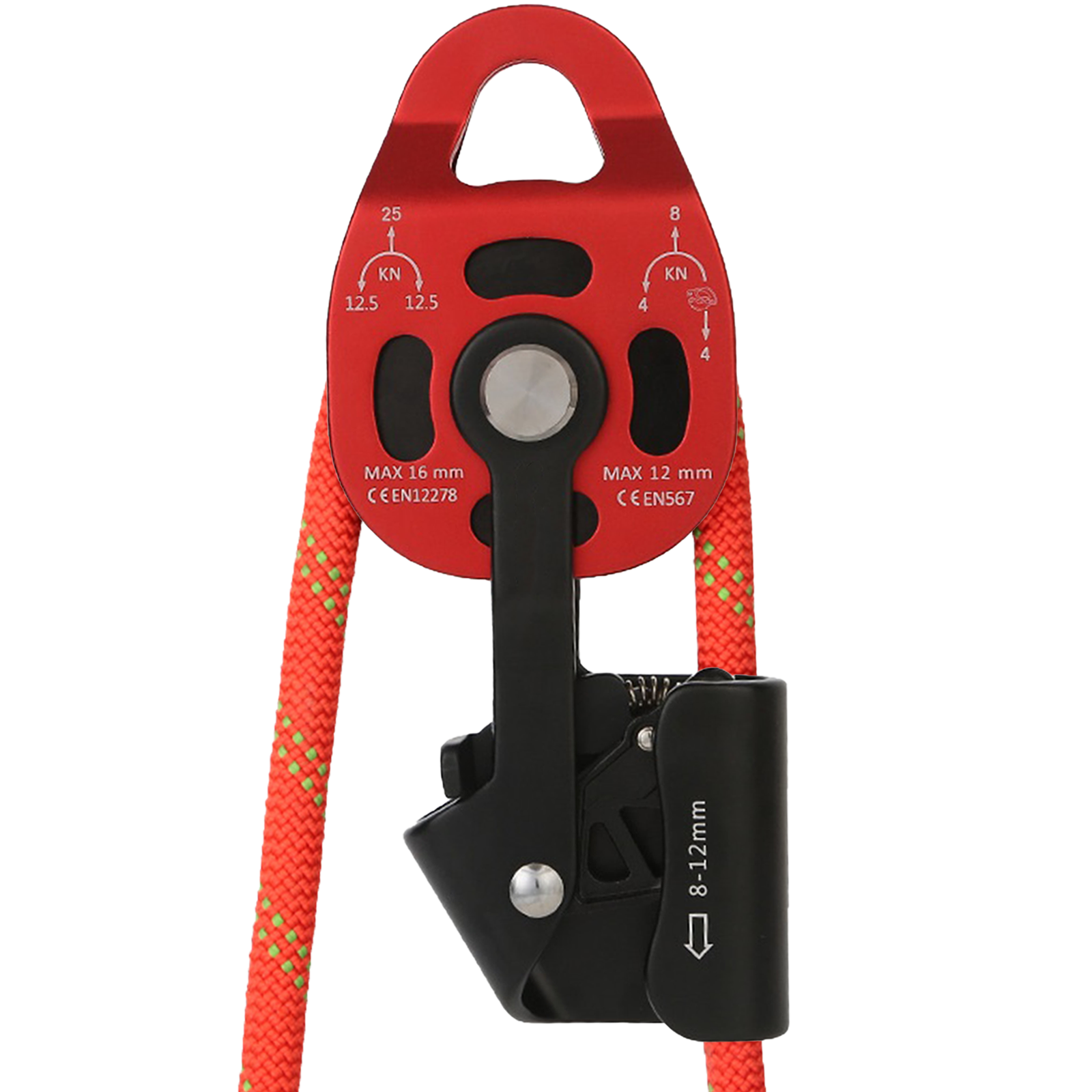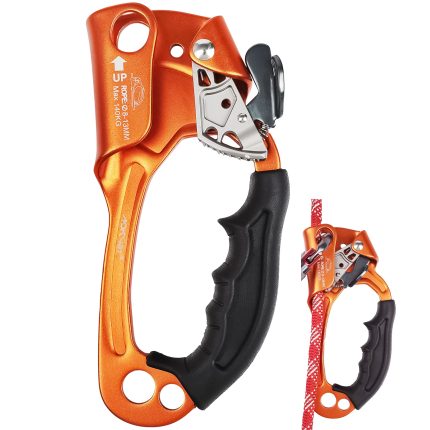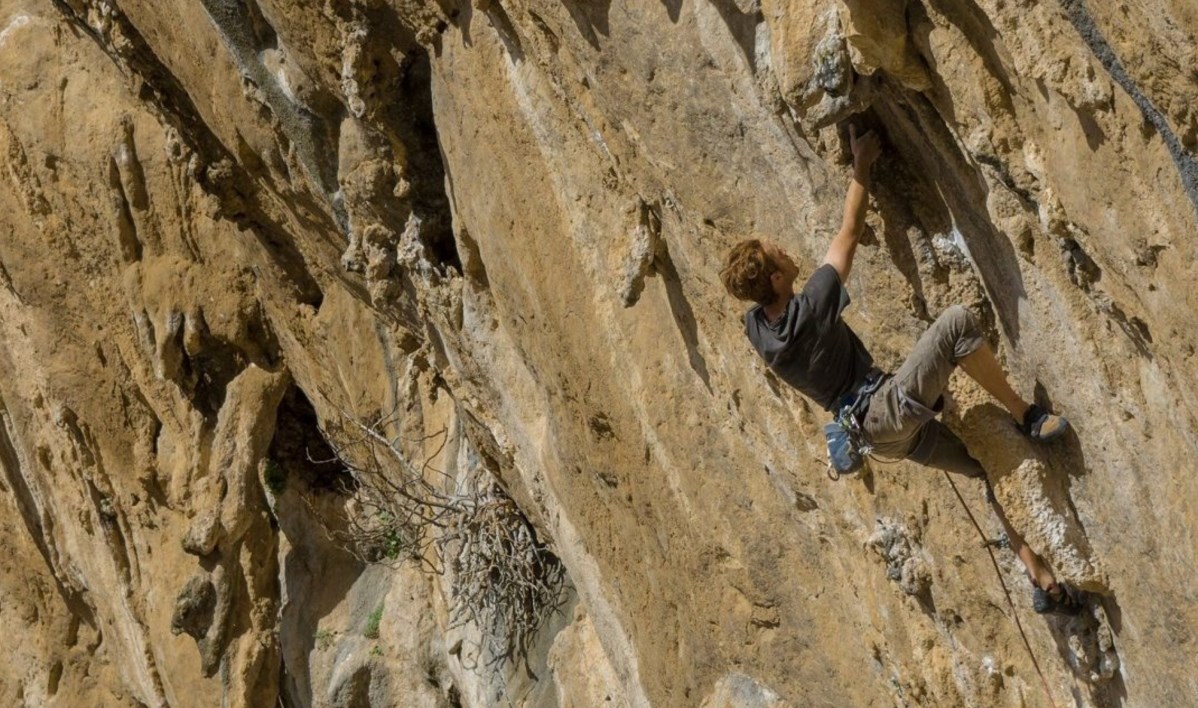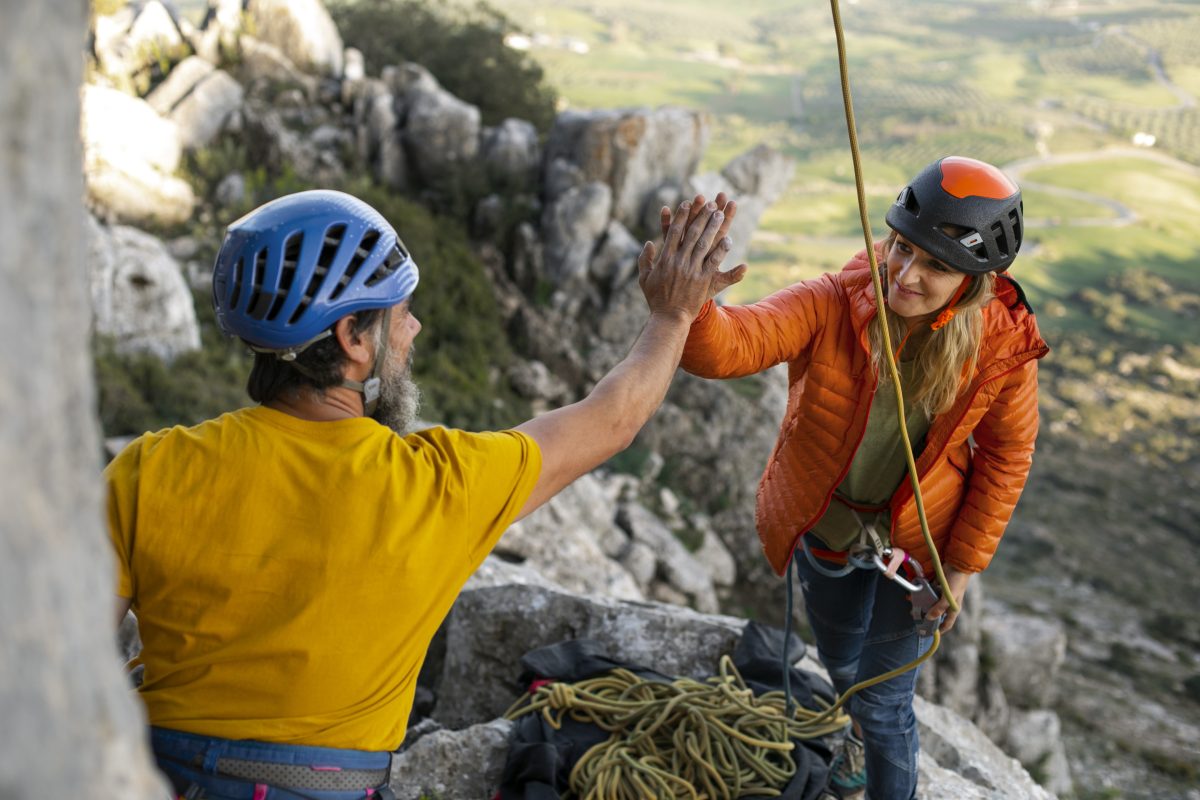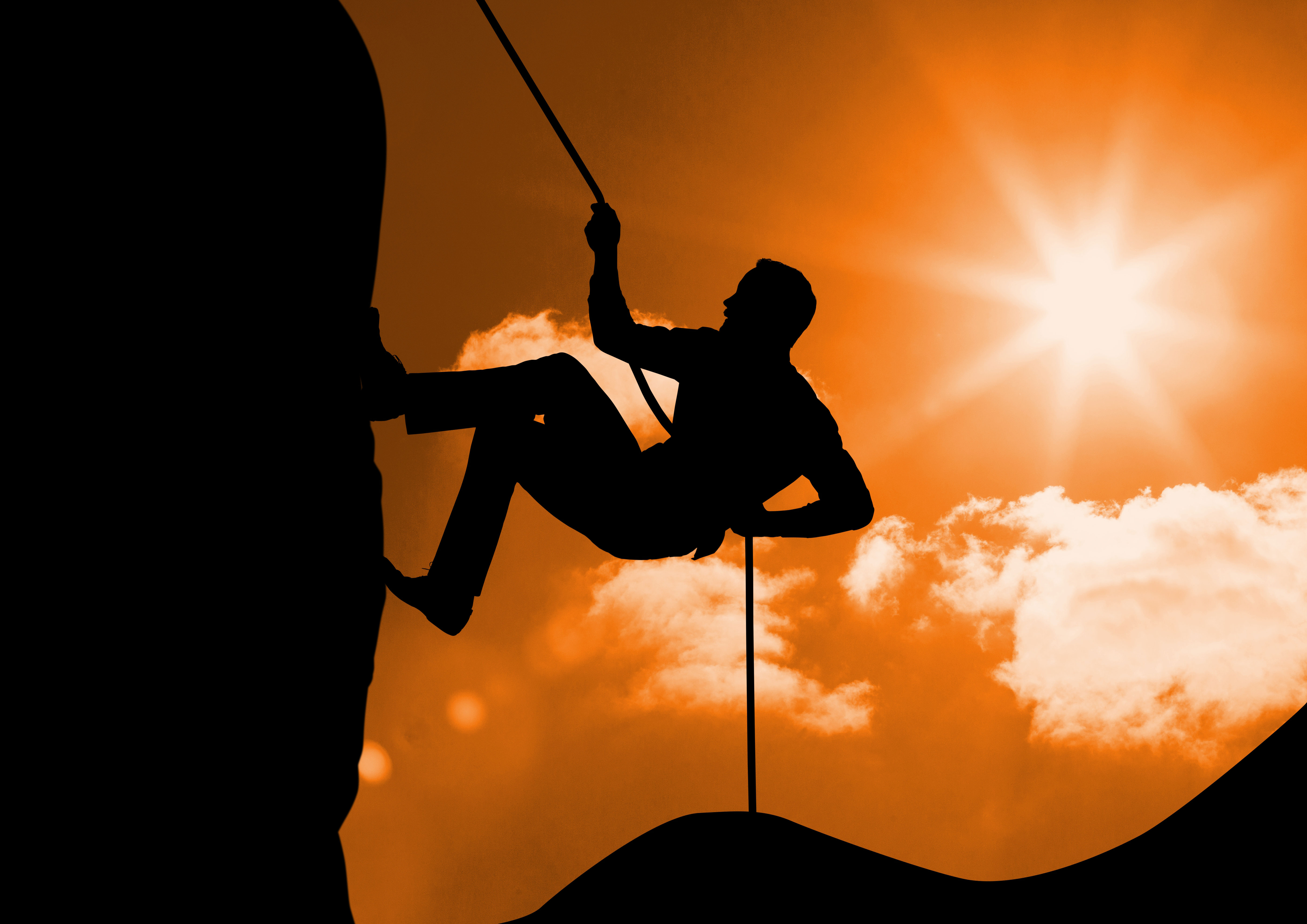Rock Climbing Training: Six Mental Strategies to Unleash Your Potential
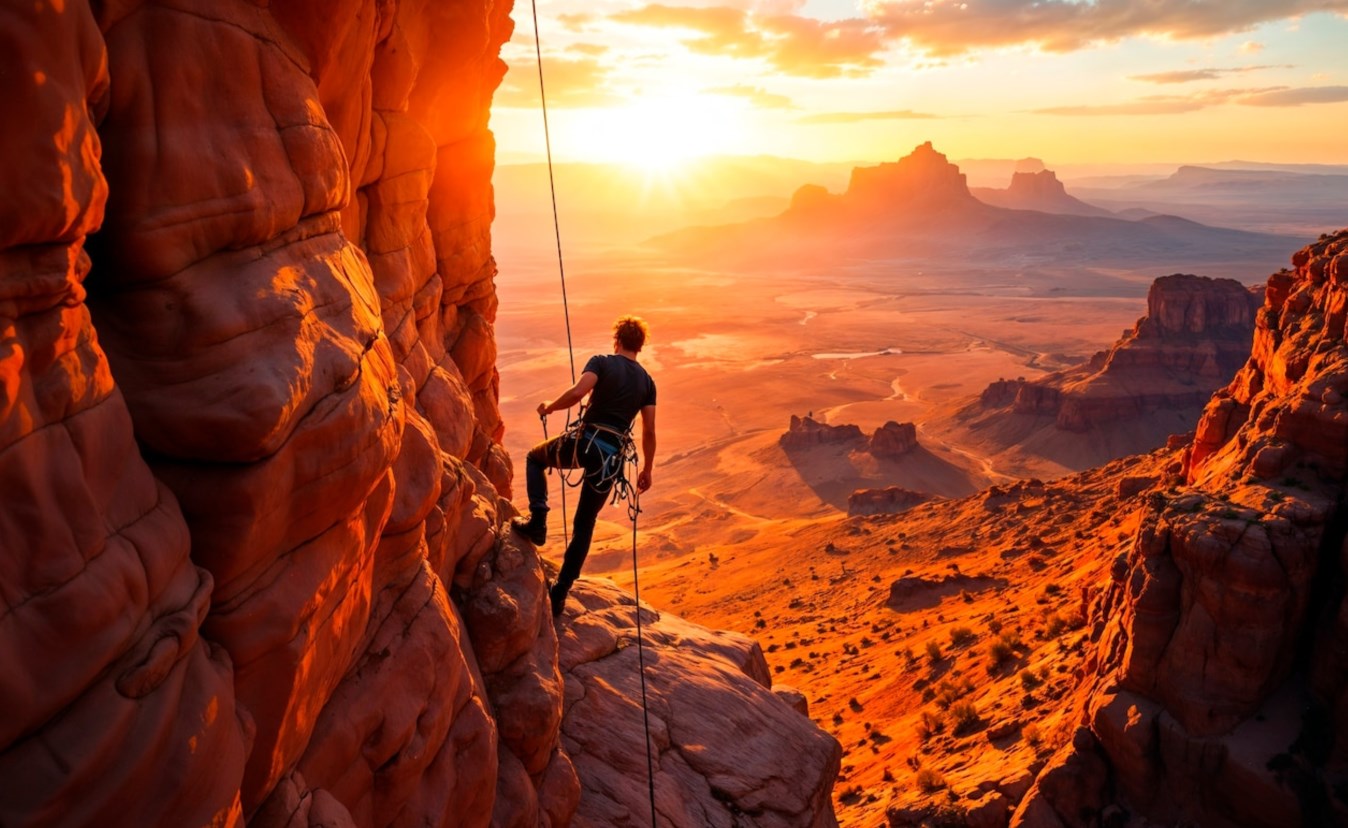
For most endeavors, the fastest way to enhance performance is to improve the quality of your thinking.
This holds true for rock climbing, whether you practice bouldering, sport climbing, multi-pitch traditional climbing, or Alpine climbing.
All performance achievements stem from within—your beliefs, focus, emotions, and confidence form the foundation of your success or failure.
During the off-season, strength training and year-round technical practice aim to elevate your climbing level. However, your greatest breakthroughs during the climbing season will come from cultivating and refining your mental strength.
To this end, I outline six mental strategies and techniques below that will enhance both your climbing performance and enjoyment.
1. Separate Your Self-Image from Your Performance
If you’re reading this, rock climbing likely plays a significant role in your life.
Unfortunately, when you over-identify with or prioritize the image you project in this role, it creates immense pressure to perform perfectly at all times—as if your value in this role (or even as a person) depends on it.
This pressure can become unbearable and may lead to your greatest frustrations in climbing (or any pursuit).
People perform best when they focus on the process rather than the outcome. By detaching your self-image from climbing performance, you can enjoy the activity regardless of results.
More importantly, it frees you to experiment, take risks, and attempt dynamic moves on challenging routes.
Conclusion: Separating self-image reduces stress, anxiety, and internal conflict, allowing you to climb better without forcing outcomes.
2. Surround Yourself with Confidence
Every individual radiates an energy that influences their mindset and approach to life.
Your thoughts and actions affect those around you, and vice versa.
In climbing, you have three choices: climb alone, with optimistic partners, or with pessimistic ones.
Why would you ever climb with complainers? Their negativity will undermine your enjoyment and performance, whether you realize it or not.
Commit to climbing with positive-minded individuals or cultivate confidence within yourself. This will significantly enhance your experience.
If pushing your limits is your goal, collaborate with a group that embodies creativity, energy, and optimism.
3. Expand Your Comfort Zone
To improve at anything, your goals must exceed your current abilities while remaining achievable. You must also be willing to stretch your adaptability.
On steep routes, this means ignoring psychological and physical uncertainty as you ascend. It means confronting fear and redefining what you perceive as “impossible” to uncover new possibilities.
4. Assess and Manage Risks Proactively
Rock climbing inherently involves risk, which escalates with the pursuit of harder routes.
These risks include obvious physical dangers (e.g., falls) and subtler mental hazards, such as fixating on failure, criticism, or embarrassment. Notably, some climbers handle physical risks better than psychological ones.
Before climbing, objectively analyze potential risks. By preparing for them in advance—such as mastering various belay techniques—you can mitigate on-site dangers and respond effectively to unforeseen challenges.
5. Build Unshakable Confidence
Your confidence stems from how you manage self-perception and internal dialogue.
Thoughts of falling, past failures, or self-deprecating language (“I can’t”, “Maybe”, “I’ll try”) plant seeds of doubt. Instead, focus on tangible past successes and relive the positive emotions associated with them.
Visualization is a powerful tool. Regularly imagine yourself overcoming challenges, both on and off the wall, to reinforce confidence and mental resilience.
6. Embrace Joy, Regardless of Outcomes
The hallmark of elite climbers is their ability to rebound quickly from poor performances or criticism, trusting that persistence and patience will yield success.
Attitude is the ultimate equalizer—it compensates for gaps in strength, technique, or flexibility. Many climbers lose sight of why they started: the love of outdoor experiences and the thrill of conquering rock faces. Too often, they become disheartened unless they “win”.
The greatest climbers’ secret is their unconditional love for the sport. Every climbing day matters, regardless of results. With strong intrinsic motivation, you’ll naturally achieve your goals.
The mental strategies honed through climbing can be applied to other areas of life. Rock climbing reveals hidden potential, and by refining your mindset, you’ll unlock breakthroughs beyond the wall. May you perform at your best and summit your personal Everest.






